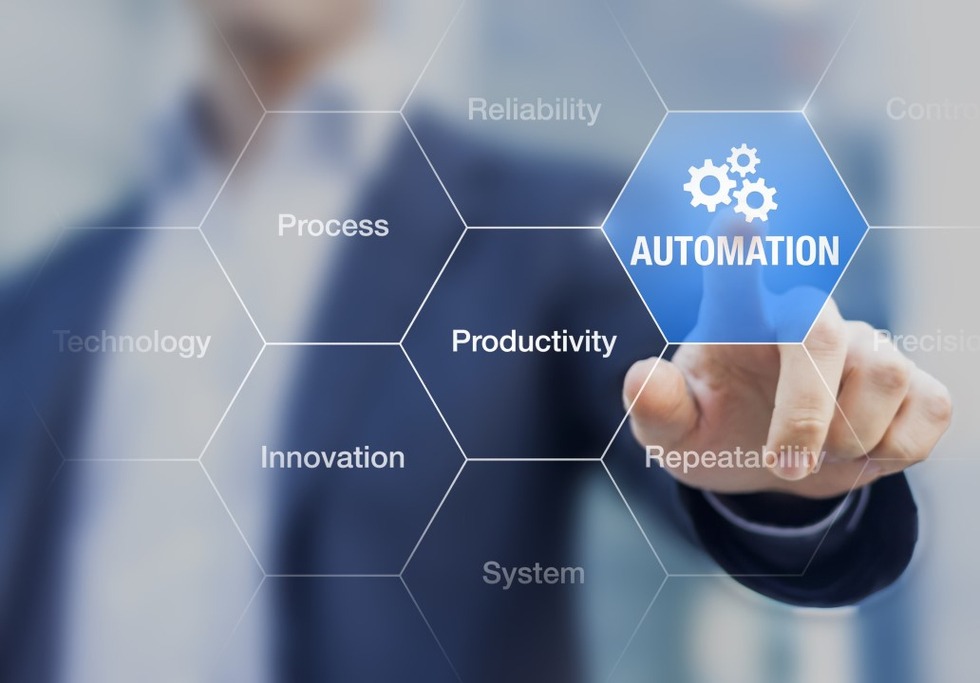In todays rapidly evolving business landscape, the integration of AI workflow automation is transforming the way organizations operate. Imagine a world where mundane tasks are handled effortlessly, allowing human talent to shine in more strategic roles.
From streamlining communication to optimizing project management, AI is not just an optional add-on; it’s quickly becoming the heartbeat of efficiency and innovation in the workplace. Companies are discovering that embracing this technology can lead to not just increased productivity but also enhanced decision-making capabilities.
As we delve into the implications of AI workflow automation, we’ll explore how it reshapes processes, liberates resources, and ultimately, redefines success for modern businesses. The future is here, and it’s time to understand what this technological revolution means for you.
Understanding Workflow Automation and Its Importance

Workflow automation involves the use of technology to streamline and optimize business processes, transforming repetitive tasks into efficient, automated workflows. In an age where time is of the essence, automating workflows can significantly enhance productivity, reduce human error, and free up valuable resources that can be redirected toward more strategic initiatives.
Imagine a system where data flows seamlessly between departments, approvals happen at the click of a button, and decision-making is bolstered by real-time analytics. The importance of such automation cannot be overstated; it not only speeds up operations but also fosters a culture of agility and responsiveness in a rapidly evolving business landscape.
As organizations navigate the complexities of modern challenges, embracing workflow automation becomes not just advantageous but essential for sustaining competitive advantage.
How AI Enhances Traditional Workflow Automation

AI revolutionizes traditional workflow automation by infusing intelligent decision-making capabilities into processes that were once rigid and linear. Imagine a system that not only executes tasks but learns and adapts over time, analyzing vast amounts of data to optimize performance.
For instance, while conventional automation might simply trigger a sequence of steps—like approving an invoice or sending a reminder—AI-enhanced workflows can predict bottlenecks, identify anomalies, and even suggest improvements based on historical patterns. This integration enables businesses to operate more dynamically, allowing teams to focus on creative problem-solving rather than mundane tasks.
In essence, AI acts as a powerful extension of traditional automation, transforming static workflows into adaptive systems that evolve with the organizations needs.
Key Benefits of Implementing AI in Business Workflows

Implementing AI in business workflows brings a myriad of transformative benefits that can elevate efficiency and drive innovation. Imagine a world where mundane tasks are fully automated, allowing employees to focus on strategic initiatives that propel the company forward.
With AI’s ability to analyze vast amounts of data at lightning speed, businesses can glean actionable insights that were previously buried in spreadsheets and reports. Furthermore, AI-powered tools can enhance decision-making processes by providing real-time predictions and recommendations, thus minimizing errors and streamlining operations.
The result? Increased productivity, reduced operational costs, and a more agile response to market demands. As companies embrace this technological shift, they find themselves not just keeping pace but setting new standards in their industries.
Conclusion
In conclusion, integrating AI workflow automation into your business processes presents a transformative opportunity to enhance efficiency, reduce costs, and improve overall productivity. By harnessing the power of autonomous AI agents, organizations can streamline repetitive tasks, allowing employees to focus on more strategic initiatives that drive innovation and growth. As businesses navigate the complexities of the digital landscape, embracing AI-driven solutions will not only optimize operations but also position them for a competitive edge in an increasingly automated future.
Adopting these technologies is no longer a choice but a necessity for those looking to thrive in the fast-paced, evolving marketplace.
 HQ Grande Prairie HQ Grandie Prairie is an online news portal aimed at providing latest day to day happenings of the World to its viewers.
HQ Grande Prairie HQ Grandie Prairie is an online news portal aimed at providing latest day to day happenings of the World to its viewers.

